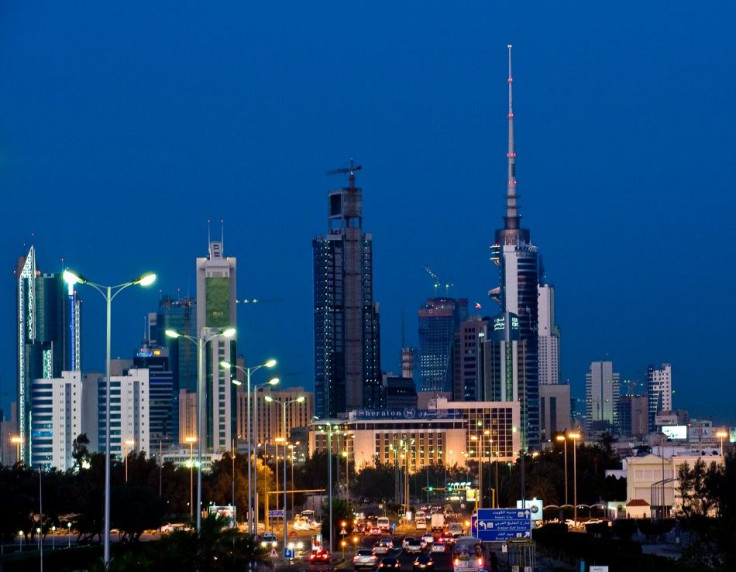Kuwait: Thirsty For Power In The Oil-Rich Kingdom

Inadequate power supply in Kuwait is continuing to hinder the country’s oil production as underinvestment collides with growing demand.
A power failure late last month shut down all three of Kuwait’s oil refineries with a total capacity of 930,000 barrels per day. The reason remains unclear as officials have not discussed the matter publicly.
The power shut-off for the three refineries (the Mina Ahmadi, Mina Abdullah and Shuaiba refineries) at the same time suggests the state electricity supplier and not onsite technical problems are to blame.
“Power was cut from the source,” a spokesman for Kuwait National Petroleum Co. told Reuters.
The closures halted Kuwait’s fuel production for one week. The country is one of the world’s largest crude oil producers and refines about a third of its 3 million barrels-per-day crude production. About 660,000 barrels per day of petroleum products are exported, according to OPEC.
Kuwait’s power supplier, the Ministry of Electricity and Water, offers low prices. The low cost to air condition a home coupled with one of the world’s hottest climates has helped the country rank as the fourth- biggest per capita energy consumer in the world, according to the World Bank.
But Kuwait has not expanded its infrastructure or attracted foreign investors to do it, and a shortage of natural gas is also straining the power supply. In the summer, when demand for power is highest, Kuwait imports liquefied natural gas.
"Kuwait is perpetually in a state of electricity supply shortage and experiences frequent blackouts and brownouts each summer," the U.S. Energy Information Administration said in an analysis. "In the past decade, the development of Kuwait's electricity sector has stalled because of political factors and lack of investment, despite average annual demand growth of 6 percent."
Many refineries in other countries have their own generators to at least keep power going to control systems when supplies fail from outside. In Kuwait, the refineries depend completely on the national power grid. They have no internal power generation.
The last major power outage in Kuwait happened one year ago, and before that, three years ago. The outage last month was the most severe. Industry analysts say the recent blackout may have stemmed from a mistake in power flow management or the country’s ageing power equipment.
On Feb. 10, the Kuwait government approved $12 billion in bids from foreign companies to upgrade the Mina Ahmadi and Mina Abdullah refineries. Japan’s JGC Corp. won a $4.82 billion deal for the Mina Ahmadi refinery, and the U.K.’s Petrofac and the American Fluor Corp. paid Kuwait to work on Mina Abdullah. Contracts are expected to be signed in April, with work beginning soon after.
It is not yet clear whether the country’s $12 billion “Clean Fuels Project” will include power generators for backup or even whether it will go on as scheduled. The plan is part of Kuwait’s economic development plan, which has been stalled due to political instability. Also part of the clean- fuels plan is a project in planning since 2008 called Al-Zour. The Al-Zour refinery is supposed to replace the Shuaiba site, but it has been delayed to at least 2018.
© Copyright IBTimes 2025. All rights reserved.






















